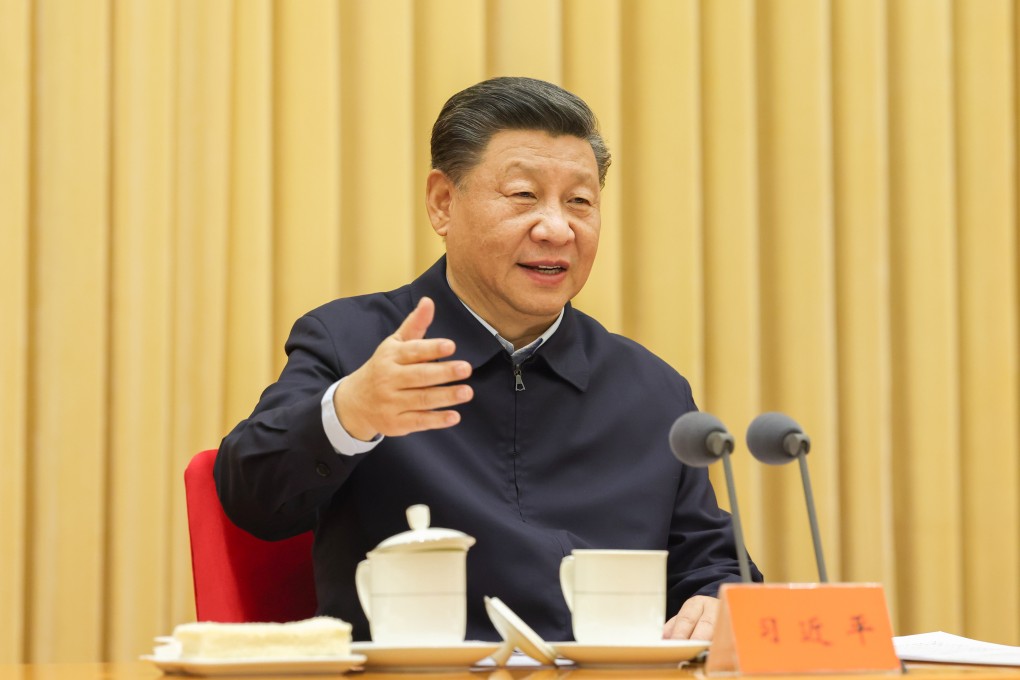China tightens control of religion, with focus on national security
- In the first national religious work conference since 2016, President Xi Jinping warns that religious activities must stay within the law
- Further strengthening of online controls on religious affairs were also flagged during the two-day conference in Beijing

Xi said China would further promote “sinicisation of religion”, with a focus on strengthening control of online religious affairs. He emphasised that religious activities must be conducted within the boundary of the law, according to official Xinhua news agency.
“Religious activities should be carried out within the scope stipulated by laws and regulations … and should not interfere with educational, judicial and administrative affairs as well as social life,” Xi said.
The conference, attended by the country’s top leadership, was the first since 2016 and will set the parameters on China’s religious affairs and their regulation over the next few years, according to experts.
It took place against a backdrop of widespread accusations of repressive control on Muslims and Christians in China, as well as the country’s increasingly tight supervision over religions.
Last month China was among several nations designated by the United States as “countries of particular concern” for violations of religious freedom.
In his speech to the conference, Xi said the Communist Party’s policy on freedom of religious belief must be “completely, accurately and comprehensively” implemented, and religions must adapt to the fact that China is a socialist country.
“China must adhere to the direction of the sinicisation of religion, insist on uniting the masses of religious believers around the party and the government,” he said.